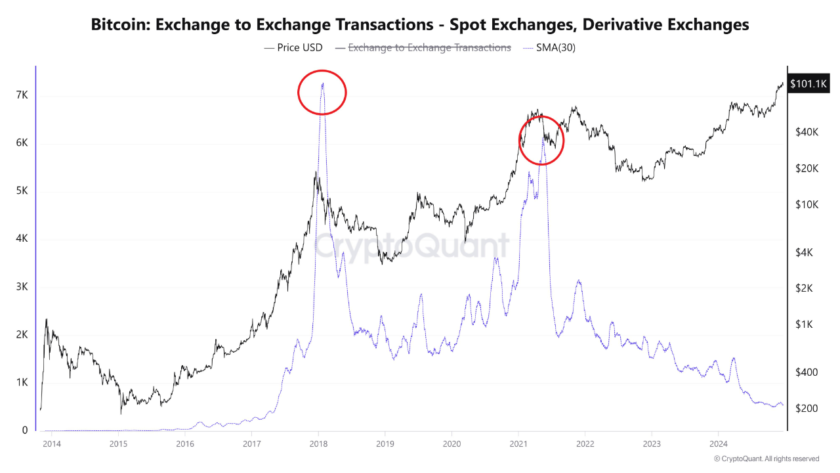All three major U.S. stock indexes ended the week higher than last Friday’s close, which represents the fifth consecutive weekly gains for the S&P 500 and the Nasdaq.
Wall Street went on rising at the week’s end, with technology stocks driving the S&P 500 to its sixth record closing high since confirming a bull market on August 18. The Nasdaq (INDEXNASDAQ: .IXIC) also had an all-time closing high while the blue-chip Dow (INDEXDJX: .DJI) also stands in positive territory year-to-date. It appears that the S&P 500 (INDEXSP: .INX) may be near to close what it seems to be its best August in the last 34 years.
All three major U.S. stock indexes ended the week higher than last Friday’s close, which represents the fifth consecutive weekly gains for the S&P and the Nasdaq.
David Carter, chief investment officer at New York-based Lenox Wealth Advisors explained:
“Tech stocks have driven much of the recovery this year, but we are seeing breadth expand, which is helping indices like the Dow Jones Industrial Average.”
Stocks went on with their rise after the White House Chief of Staff Mark Meadows said the U.S. President Donald Trump is ready to sign a $1.3 trillion COVID-19 relief bill, four weeks after emergency unemployment benefits expired for millions of Americans.
U.S. Personal Consumption Up 1.9% MoM in July
Economic data that went out before the bell showed American consumers, who account for about 70% of the U.S. economy, increased their spending by 1.9%, more than expected in July. Also, the savings rate, a barometer of consumer uncertainty, remained elevated well above pre-pandemic levels.
The personal consumption expenditures (PCE) core index, which excludes food and energy, rose at a rate of 1.3% year-on-year. On Thursday, U.S. Federal Reserve Chair Jerome Powell released a new monetary strategy adopting an average annual inflation target of 2% that implies the Fed is now more than ready to accept a higher level of inflation than it generally did in the past. This also means that borrowing rates for households and businesses, for everything starting from auto loans and home mortgages to corporate expansion, will probably stay ultra-low in the next coming years.
The new goal states that “following periods when inflation has been running persistently below 2%, appropriate monetary policy will likely aim to achieve inflation moderately above 2% for some time.”
Carter commented:
“(The Fed’s) new-found acceptance of higher inflation suggests the recovery could continue for much longer, as will near-zero rates.”
At the end of the week, the Dow Jones Industrial Average went up 161.6 points, or 0.57%, to 28,653.87, the S&P 500 increased by 23.46 points, or 0.67%, to 3,508.01 and the Nasdaq Composite rose by 70.30 points, or 0.6%, to 11,695.63. Energy stocks ended the session with the biggest rise among the major S&P sectors, going up by 1.9% after it was confirmed that Hurricane Laura which had passed through the Gulf region didn’t impact oil rigs and refineries operations.
S&P 500 Posts 52 Week Record High
Among other big names, United Airlines Inc (NASDAQ: UAL) and Coca-Cola Co (NYSE: KO) jumped 3.1% and 3.3%, respectively as both companies are preparing for cost-cutting efforts including furloughs and voluntary separations.
However, tech companies continue to profit from firms that decided to switch to a work-from-home model.
Business software company Workday Inc (NASDAQ: WDAY) rose 12.6% after raising its yearly subscription forecast and Dell Technologies Inc (NYSE: DELL) went up by 6.1% after beating its quarterly profit.
Walmart Inc (NYSE: WMT) confirmed it was joining Microsoft Corporation (NASDAQ: MSFT) in its bid for TikTok’s U.S. assets from Chinese owner ByteDance. Shares of Walmart and Microsoft went north 2.7% and 1.0%, respectively.
After the cloud service provider Nutanix Inc (NASDAQ: NTNX) confirmed it had beat earnings expectation, its stocks jumped by 29.2%. Bain Capital reportedly invested approximately $750 million in the company.
The S&P 500 posted 28 new 52-week record highs without any lows. The Nasdaq Composite reported 78 new highs and 17 new lows.
Volume on U.S. exchanges was 8.07 billion shares, that represents a slight decline compared with the 9.21 billion average over the last 20 trading days.
Experienced creative professional focusing on financial and political analysis, editing daily newspapers and news sites, economical and political journalism, consulting, PR and Marketing. Teuta’s passion is to create new opportunities and bring people together.




